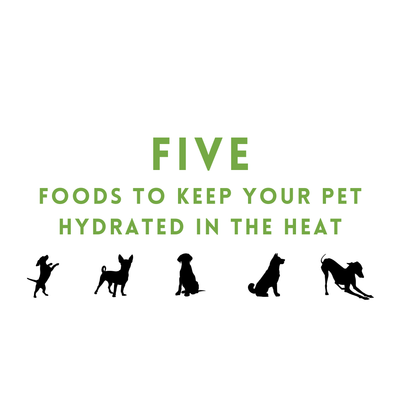By Ruth Hatten, animal naturopath and pet nutritionist
www.ruthhatten.com
So you’ve got the wonderful privilege of sharing your life with a senior dog or cat companion. This is such a special chapter of their lives, and now, more than ever, they require the best of you - your love and your time.
As your pet ages, their body will start to tire and wear out. How their body functions will start to slowly decline. So it can be beneficial to provide a little extra support through their diet.
In this article, we’re going to look at some nutritional and supplement considerations for the senior pet. But before we get into that, let’s explore some of the side effects of the senior pet.
Side effects of the senior pet
Some of the typical side effects of ageing that dogs and cats face include:
- coat changes - dryness, dullness, hair loss, white hairs
- skin changes - loss of elasticity, scaly skin, tumours
- digestive changes - reduced functioning (digestion of foods, absorption of nutrients), elimination changes eg diarrhoea/constipation, decline in taste
- immune changes - decline in immune function, increasing susceptibility for osteoarthritis, infection, cancer
- behaviour changes - irritability, loss of motivation, eating habits, resistance to change
- functional changes - cognitive dysfunction eg memory loss, decline in vision and hearing
- cardiovascular changes - decreased cardiac output, decrease in maximal heart rate and oxygen consumption during exercise
- musculoskeletal changes - decline in lean body muscle mass and bone mass, cartilage less resilient with limited regenerative ability
- organ changes - decline in organ functioning eg renal failure.

Nutritional considerations for the senior pet
In terms of their nutrition, the senior pet can benefit from:
- Natural, whole, species appropriate foods.
- Fresh, leafy green vegetables.
- Foods rich in essential fatty acids eg small oily fish, salmon.
- Vitamin-E rich foods, such as free range organic eggs, salmon, seeds, cod liver oil.
- Eating more protein (making sure it’s high quality) - feeding more protein can help to minimise or prevent age-associated






